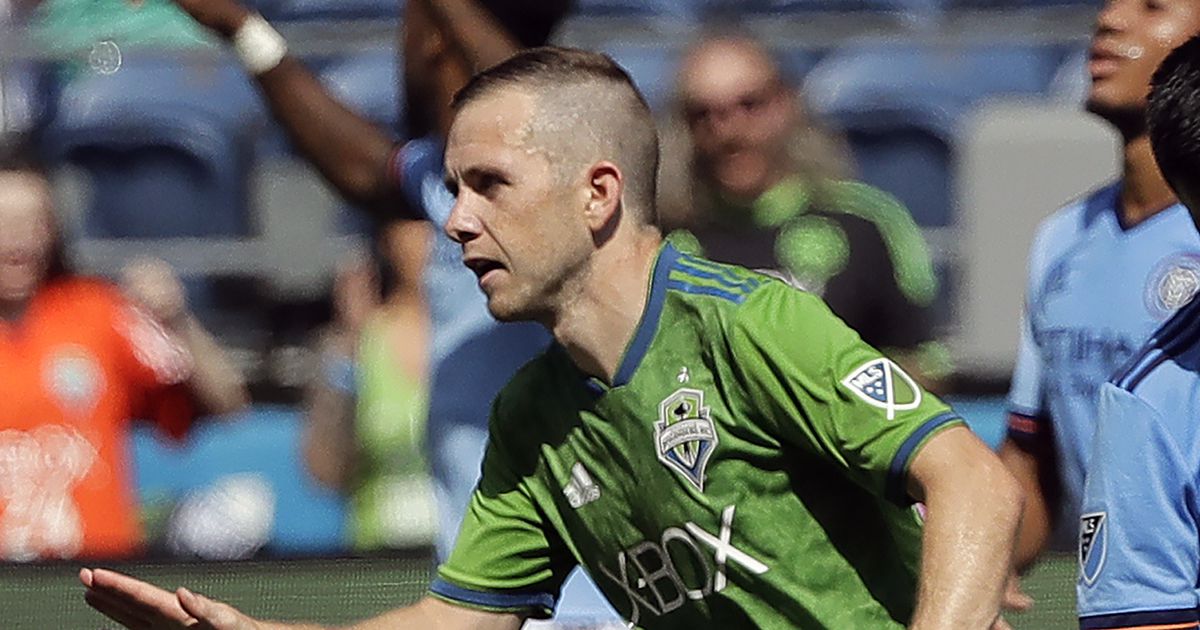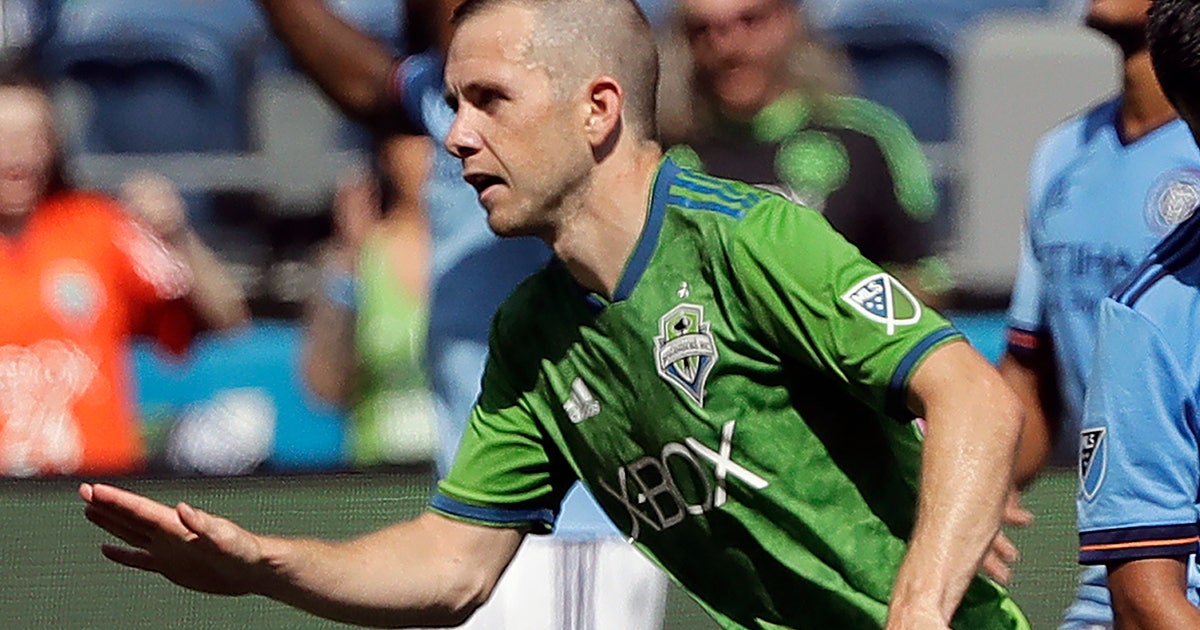Players left with bitter feelings after deal to restart MLS


Major League Soccer and its players came away with a sense of accomplishment after reaching a new collective-bargaining agreement in February as the league was heading into its 25th season.
“I think coming out of February both sides felt good,” Seattle player representative Harry Shipp said. “It was this productive partnership where we took 18 months to figure out what was going on, what both sides needed and we really worked to make common ground.”
Those prepandemic positive vibes are largely now gone, at least when it comes to the way players feel toward the league and ownership.
The Major League Soccer Players Association ratified a revised CBA this week that will allow the league to resume this summer with a tournament in Florida — but they did so with bitter feelings about the strategies used by MLS. Specifically, they are upset about the league’s posture and the threat of a potential lockout that would have left players without salary and benefits in the midst of the COVID-19 pandemic.
“We were open. We wanted to make a collaborative process. We wanted to make it something that was good for everyone in an incredible difficult circumstance,” said Jeff Larentowicz, an Atlanta United defender and a member of the union’s executive board. “To make that threat on the heels of them asking for collaboration and an open discussion to find a way to get through a difficult time, it really doesn’t sit well with me at all. I’m not one to hold grudges and it’s a difficult process but it’s going to take me a bit of time to get past that myself.”
Larentowicz was not alone in his criticism of the threat. Players were already concerned about leaving families behind and sequestering themselves in Florida — likely for most of July — to play in the full-league tournament that will restart a season placed on pause after just two games. That doesn’t even touch on the concerns about the coronavirus or the measures players and the league will need to take to protect themselves from the virus during the Florida event.
FC Cincinnati player rep Nick Hagglund told reporters the lockout threat didn’t create panic but was taken seriously by the vast majority of players.
“The threat of a lockout is a scary thing for sure,” Hagglund said. “Ultimately, I think it made the players dig their heels in even more.”
MLS Commissioner Don Garber acknowledged he was the one who threatened the lockout in the hope it would push the players toward an agreement. He said the league is set to lose $1 billion because of the coronavirus.
“It’s not something that I did without a lot of thought and without a lot of concern and a lot of understanding as to what impact that would have on our players and on the negotiation,” Garber said. “But it was something as the leader of this league that I believed was necessary in order for us to get to the point … that we have reached an agreement.”
The union had voted to approve terms of a contract Sunday, but the league surprised many by pushing back. The sticking points included salary cuts, a reduction in revenue sharing beginning in 2023 and a provision that allows either side to opt out of the deal because of unforeseen circumstances, like a pandemic. MLS players had a median salary of $163,750 in 2019, according to the union salary survey.
Nashville player representative Daniel Lovitz said it was shocking to hear the league was threatening a lockout.
He equated it to being put on a “24-hour shot clock” to accept the league’s offer. “Obviously, we were able to avoid that. But nonetheless, it was a scary truth to look in the eyes,” Lovitz said.
But the entire process of agreeing to the new CBA and the tournament seemed to strengthen the players and brought a heightened level of engagement and education, Shipp said.
That said, Shipp believes it’s best if the sides don’t need to revisit the CBA for some time. The new CBA runs through 2025 and includes across-the-board salary cuts of 7.5% for this season to offset losses caused by the pandemic.
“If you’re going to take a positive, it’s that players really took the time to understand the issues and all the intricacies and nuances of the issues and that’ll serve us well going forward as we start to figure out what the next set of issues are and the next negotiations,” Shipp said. “But I do think that the league needs to figure out ways to earn players trust back for sure.”







